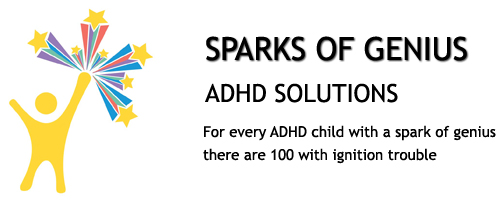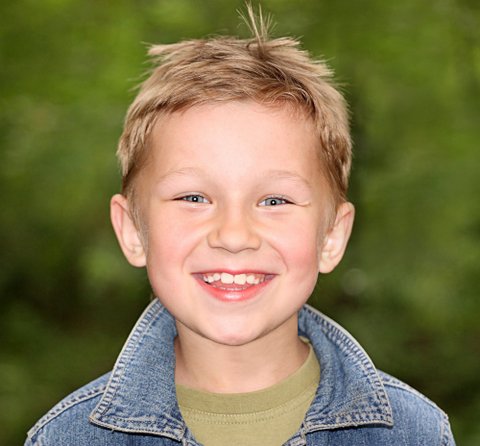“What Happens When Kids Learn How to Meditate?”
Did you know that more than two million children in the U.S. were diagnosed with attention-deficit/hyperactivity disorder (ADHD) between 2003 and 2012?
Although most children with ADHD are diagnosed with the condition by age six, severe cases are often diagnosed by age four. Over half of these kids are taking prescription ADHD medication and will remain on medication throughout their teen years.
Since meditation has shown to help adults concentrate and focus in their daily lives, researchers have begun to study the effects of meditation on kids too.
The National Therapies Research Unit at the Royal Hospital for Women in Australia conducted a study of 26 children with ADHD between the ages of four and 12 who were treated with Sahaja Yoga Meditation for six weeks.
These were the main findings of the study:
- Reduced hyperactivity
- Reduced impulsiveness and inattention
- Improved parent-child relationships
- Enhanced self-esteem
- Reduced use of medication in 50 percent of children
Meditation also decreases hyperactive behavior and increases self-regulation at home and in school. Self-regulation is your child’s ability to control emotions and persist towards a goal.
Children often learn well with games, so you can start by playing a game of who can be the quietest. Explain to your children how beautiful silence can be and how being quiet time can help us reflect on how we are truly thinking and feeling.
Visualization is one of the most powerful forms of meditation, and many kids are visual learners, so help your child to visual letting go of stress from each part of the body as you do a body scan.
At Sparks of Genius children with ADHD improve self-regulation skills using biofeedback, neurofeedback and impulse-control games. They love the cool technology and their ability to play games by mind alone. The result is a child who is more calm, alert and happy.

